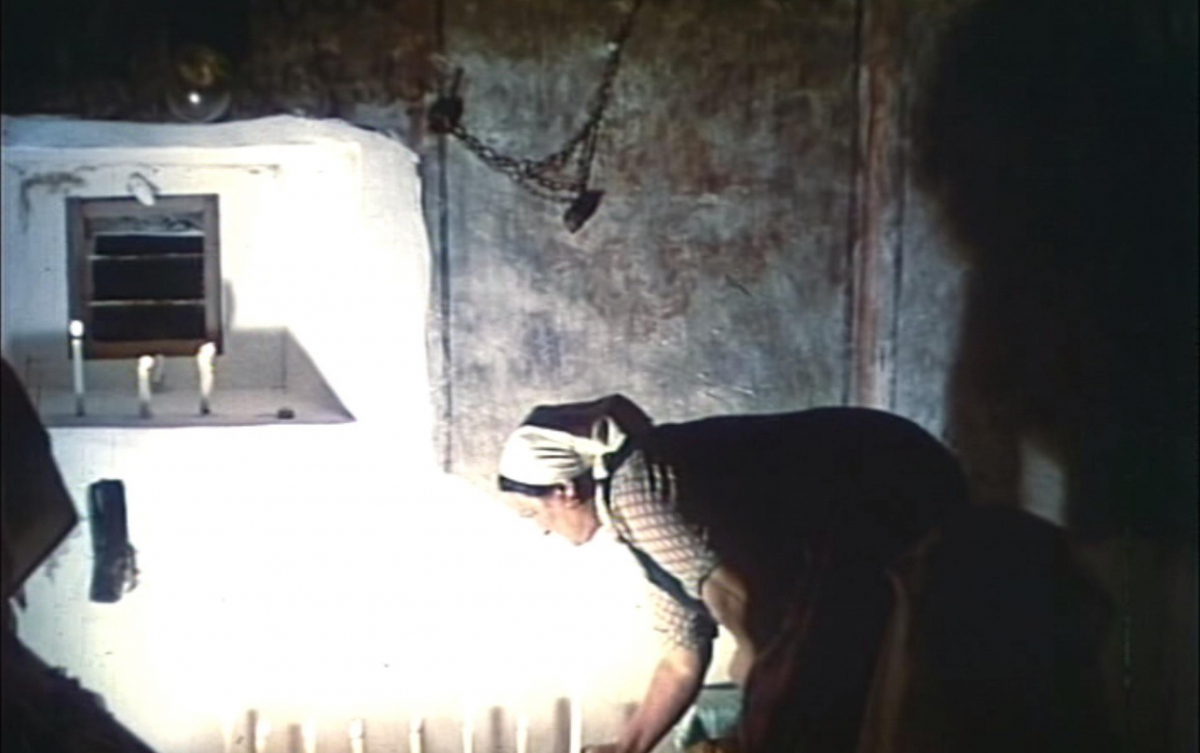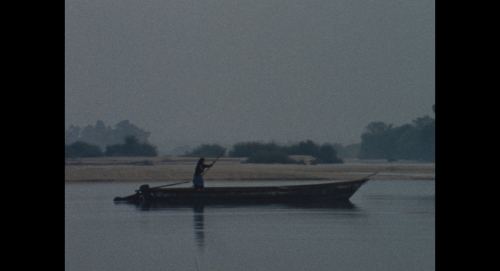Archive
Artistic Differences: Under a Roof
117
Director
Besim Sahatçiu
Producer
Adil Begolli
Cinematographer
Afrim Spahiu
Editor
Mentor Kaçi

1976
Yugoslavia
19 min
Color
Winner of the Grand Prix at the 1978 Belgrade Documentary and Short Film Festival, this is one of the finest examples of ethnographic film from this region and certainly the best ethnographic documentary to come from Kosovo in a long time. Shot in the Kosovar village of Nevokaze, it depicts the traditional lifestyle of an Albanian family numbering 117 members, all living under one roof and in great harmony. Hailed by critics as the “spiritual portrait of the nation” it marked a turning point in Kosovar documentary cinema by introducing high aesthetical values never before seen in Kosovo’s film history.
Directors' Biography
Besim Sahatçiu (2 October 1935 – 20 October 2005) was a Kosovo-Albanian director of theatre and film. After finishing gymnasium in Pejë, Sahatçiu studied literature at the University of Belgrade. Following the interruption of his studies due to compulsory military service, he worked as a translator for the publisher, Rilindja. He later studied at the Academy of Dramatic Art in Zagreb, Croatia, and defended his thesis with staging Gogol's satirical play, The Government Inspector, at People's Provincial Theatre in Pristina.
Sahatçiu's ethnographic film, 117, won the Grand Prix at the Belgrade Documentary and Short Film Festival in 1978. The film was described as a “spiritual portrait of the nation.
Other films in Artistic Differences: Under a Roof
Showtimes
No Showtimes

